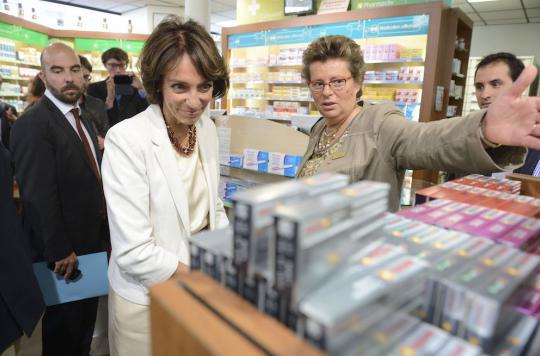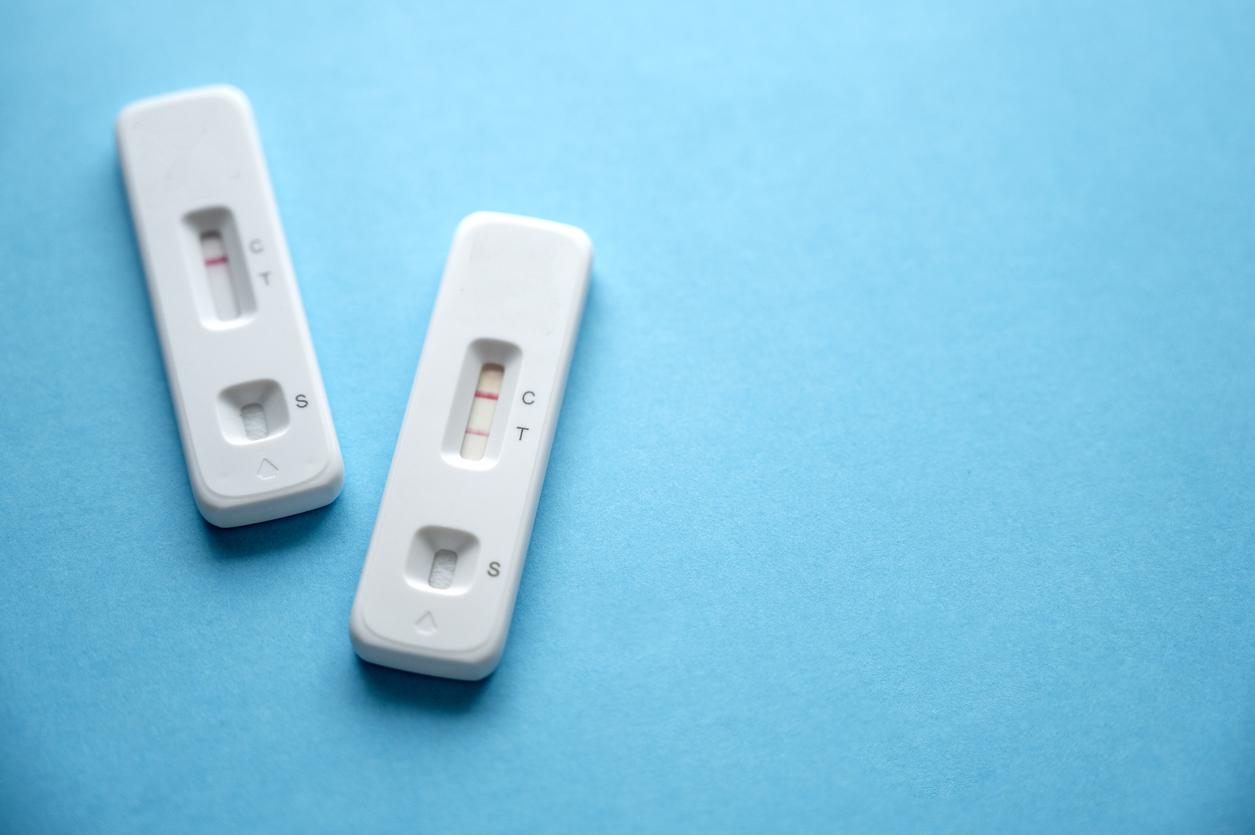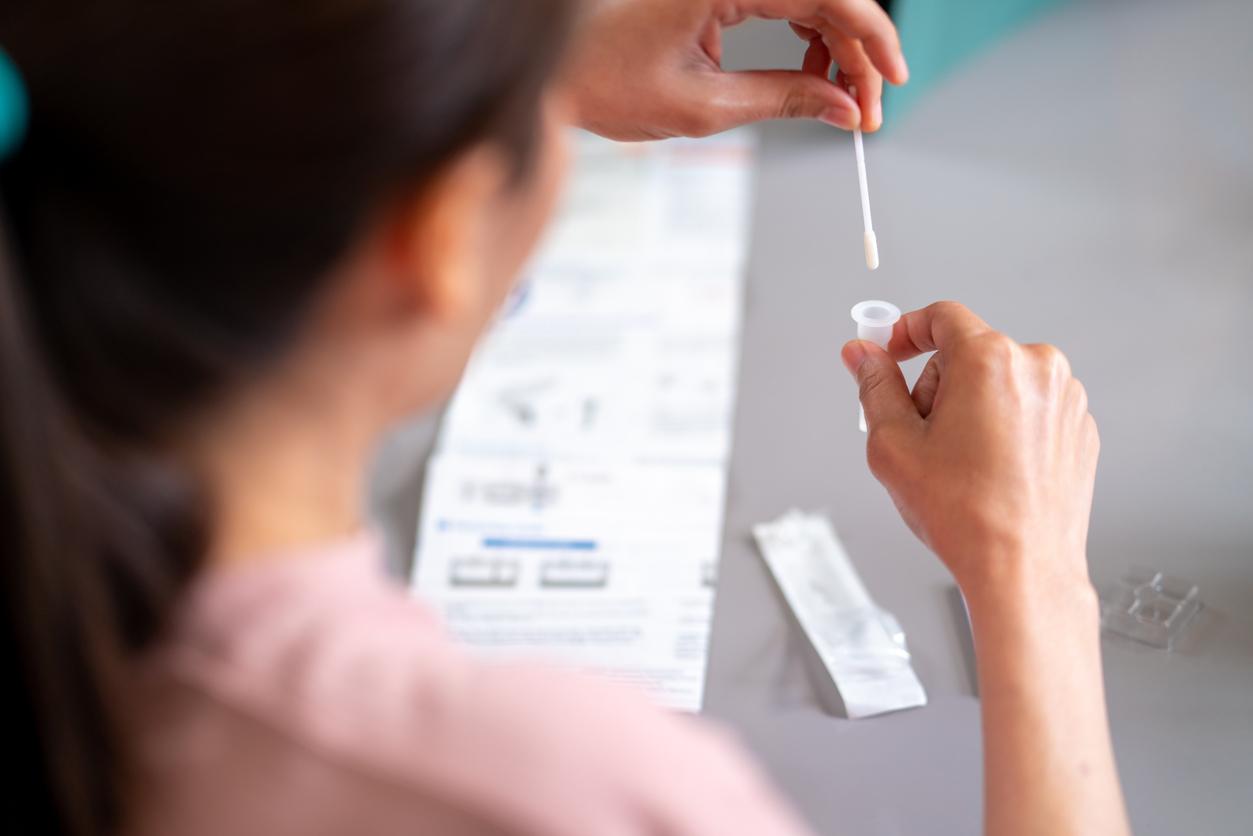Nearly 90% of pharmacies will remain closed on Tuesday, September 30.

Pharmacists have decided to send a clear message to the government: they are all united and are opposed to the measures it is proposing. According to a survey conducted for the Daily Pharmacist, nearly 90% of the incumbents say they are ready to strike Tuesday, September 30, at the call of the three unions. Here are the different reasons given by pharmacists to explain their movement.
Loss of the pharmacy monopoly
The government is considering allowing the sale of non-prescription drugs in supermarkets. This is the main reason for the strike movement of pharmacists who refuse to lose the pharmacy monopoly. According to the General Inspectorate of Finance (IGF), this measure could lower prices by 10 to 20%. An argument that refutes the Order of Pharmacists for whom non-prescription drugs are among the cheapest in Europe, even though most European countries have already authorized their sale outside pharmacies.
For its part, the IGF underlined in a report published recently that the opening of the profession could give the French 400 million euros in purchasing power. A figure that pharmacists deny, denouncing the opacity of the method used to calculate it.
Overconsumption and lack of advice
This second reason follows directly from the first. Selling non-prescription drugs in supermarkets may suggest that they present no risk, say opponents of this market opening. However, just because drugs are sold without a prescription does not mean that they cannot be dangerous. Overuse of paracetamol can be fatal. Each year in France, drugs cause 12,000 deaths and 120,000 hospitalizations. Thus, the doctors’ unions have spoken out against the sale of drugs outside pharmacies, believing that safety will not be guaranteed in supermarkets.
Opening pharmacies to outside capital
The government’s plan would be to review the rules for setting up pharmacies, and to open the capital of pharmacies to outside investors. However, the chains will only set up in the most profitable businesses. Moreover, if the pharmaceutical monopoly were to be shattered, the consequences for rural pharmacies could be severe. According to the Union of pharmacists’ groups, this measure could lead to the closure of 4,000 pharmacies.
.















